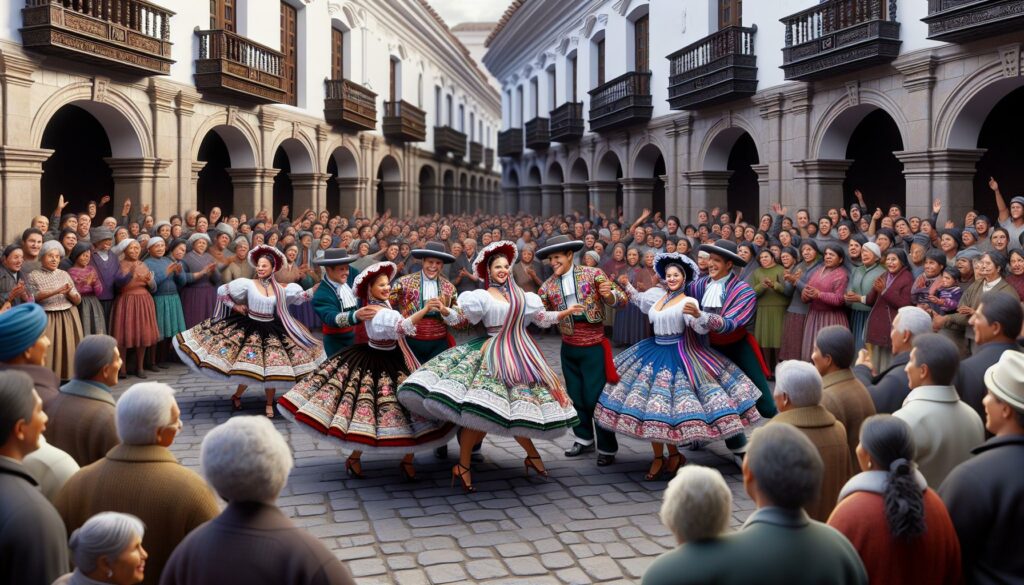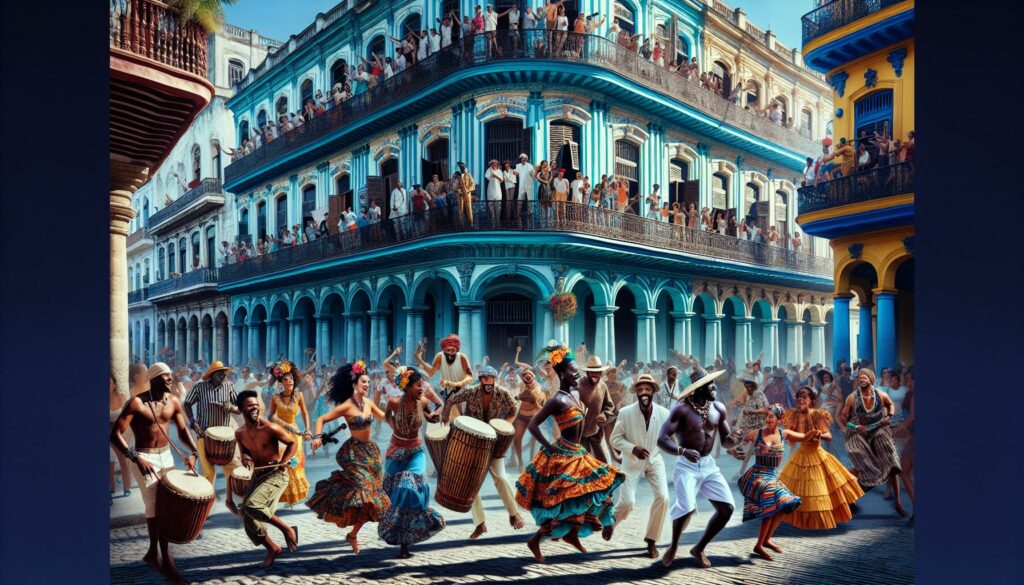As someone who’s navigated Japan’s complex visa system, I understand how challenging it can be to obtain a Japan cultural activities visa. This unique permit allows foreigners to immerse themselves in traditional Japanese arts, from tea ceremonies to martial arts, without receiving compensation.
I’ve discovered that Japan’s Cultural Activities visa opens doors to authentic cultural experiences that tourists simply can’t access. Whether you’re interested in studying ikebana, calligraphy, or traditional music, this visa provides the legal framework to pursue your passion while staying in Japan for up to one year. It’s an opportunity that goes beyond typical tourism, offering a deep dive into centuries-old traditions under the guidance of recognized masters.
Key Takeaways
- Japan Cultural Activities visa allows foreigners to study traditional arts like tea ceremonies, martial arts, and calligraphy for up to one year without compensation
- Key requirements include a Letter of Guarantee from a Japanese instructor, proof of financial stability (¥150,000/month minimum), detailed study plan, and valid passport
- The application process takes 5-10 business days and requires comprehensive documentation including bank statements, tax returns, and certificates from cultural institutions
- Visa holders can extend their stay or change status to other visa types like Student or Work visas, with applications submitted 3 months before expiration
- Common challenges include application delays during peak seasons, document authentication requirements, and language barriers requiring certified translations
- Financial requirements are strict, demanding proof of ¥2,000,000 in savings and verified income or sponsorship documentation for the duration of stay
Japan Cultural Activities Visa
The Japan Cultural Activities visa empowers foreign nationals to study traditional Japanese arts while ensuring legal compliance with Japan’s immigration laws.
Visa Purpose and Eligibility Requirements
A Cultural Activities visa enables participation in unpaid cultural pursuits like tea ceremony, martial arts, calligraphy or traditional music. Eligible applicants must demonstrate:
- A Letter of Guarantee from a recognized Japanese instructor or cultural institution
- Proof of financial stability to cover living expenses (minimum ¥150,000 per month)
- A detailed study plan outlining cultural activities
- Valid passport with at least 6 months remaining
- Completed visa application form with recent photos
- Educational background documents relevant to the cultural activity
| Visa Duration | Extension Option | Maximum Stay |
|---|---|---|
| 3 months | Renewable | 1 year |
| 6 months | Renewable | 1 year |
| 1 year | Non-renewable | 1 year |
- Application processing takes 5-10 business days at Japanese embassies
- Visa activation occurs upon first entry into Japan
- Extensions require submission 3 months before expiration
- Multiple-entry permits available for specific cultural programs
Required Documents for Application
A Cultural Activities visa application requires a comprehensive set of documents to demonstrate eligibility and purpose of stay in Japan. Here are the essential documents categorized by type.
Financial Documentation
My application included proof of sufficient funds to cover living expenses in Japan for the entire study period. I submitted:
- Bank statements from the previous 6 months showing a minimum balance of ¥2,000,000
- Tax returns from the past 2 years
- Proof of current employment or income source
- Scholarship award letters or financial sponsorship documents (if applicable)
- Detailed cost breakdown including:
- Tuition fees
- Living expenses
- Housing costs
- Health insurance
- Letter of Guarantee from a recognized Japanese instructor or cultural institution
- Certificate of Eligibility from potential teachers or cultural organizations
- Professional references from:
- Current or former employers
- Academic instructors
- Cultural arts practitioners
- Detailed study plan outlining:
- Learning objectives
- Course schedule
- Expected outcomes
- Cultural activity specifics
| Document Type | Validity Period | Number of Copies |
|---|---|---|
| Bank Statements | Within 3 months | 2 copies |
| Tax Returns | Past 2 years | 1 copy each |
| Letters of Recommendation | Within 6 months | Original + 2 copies |
| Study Plan | Current | 3 copies |
Application Process Timeline
The Cultural Activities visa application follows a structured timeline with specific submission requirements at Japanese embassies worldwide. Here’s a detailed breakdown of the application locations and processing specifics.
Where to Apply
I submit Cultural Activities visa applications at Japanese embassies or consulates in my country of residence. The submission process requires:
- In-person appearance at the designated diplomatic mission
- Advance appointment scheduling through the embassy’s online portal
- Original documents plus 2 photocopies of each required item
- Valid passport with at least 6 months remaining validity
- Completed visa application form with recent passport-sized photos
- Certificate of Eligibility obtained from Japan Immigration Services Agency
Processing Time and Fees
The standard processing metrics for Cultural Activities visas include:
| Processing Category | Duration/Amount |
|---|---|
| Standard Processing | 5-7 business days |
| Express Processing | 3-4 business days |
| Regular Visa Fee | ¥3,000 |
| Express Fee | ¥6,000 |
| Multiple Entry Fee | Additional ¥6,000 |
- Payment in local currency based on current exchange rates
- Cash-only transactions at most diplomatic missions
- No refunds for rejected applications
- Separate Certificate of Eligibility processing time of 1-3 months
- Priority processing available for certain cultural programs
- Collection of passport with visa by appointment only
Permitted Cultural Activities
The Cultural Activities visa allows me to engage in specific non-commercial activities related to Japanese arts traditions research. Here’s a detailed breakdown of permitted activities under this visa category.
Traditional Arts and Crafts
A Cultural Activities visa enables me to study traditional Japanese artistic disciplines from certified masters. These activities include:
- Tea ceremony practice at recognized schools like Urasenke or Omotesenke
- Ikebana flower arrangement under licensed instructors
- Japanese calligraphy training with established masters
- Traditional music instruction on instruments like shamisen koto taiko
- Martial arts training at registered dojos including aikido karate judo
- Pottery making under certified ceramics artists
- Noh theater performance study with professional troupes
- Field research at cultural heritage sites temples shrines
- Documentation of traditional craft techniques manufacturing processes
- Interviews with master artisans cultural practitioners
- Archival research at specialized cultural institutions
- Collection of oral histories traditional knowledge
- Analysis of historical artifacts documents
- Collaboration with Japanese research institutions universities
| Activity Type | Maximum Duration | Requirements |
|---|---|---|
| Arts Training | 12 months | Certified instructor sponsorship |
| Research | 12 months | Institution affiliation |
| Field Work | 6 months | Research proposal approval |
| Performance Study | 3 months | Professional group sponsorship |
Visa Extension and Status Change
Cultural Activities visa holders in Japan have specific options for extending their stay or changing their visa status. I’ve mapped out the key processes based on my experience with the Japanese immigration system.
Extension Requirements
- Submit extension application 3 months before current visa expires
- Provide updated Letter of Guarantee from cultural instructor
- Include progress reports detailing achievements in cultural studies
- Show proof of sufficient funds for extended stay
- Present documentation of continued enrollment in cultural programs
Status Change Options
Cultural Activities visa holders can change to these status types:
- Student Visa – for enrolling in Japanese language schools or universities
- Work Visa – when transitioning to paid employment in related fields
- Spouse Visa – after marriage to a Japanese national
- Specified Skilled Worker – for employment in designated sectors
Processing Timeline
| Process Type | Duration | Fee (¥) |
|---|---|---|
| Extension | 2-3 weeks | 4,000 |
| Status Change | 3-4 weeks | 4,000 |
| Priority Processing | 1 week | 8,000 |
Documentation Updates
Required documents for changes include:
- Updated passport photos taken within 3 months
- Current residence card copy
- Tax payment certificates
- New sponsorship documents
- Updated bank statements from previous 6 months
- Detailed activity plans for extended stay
Location Requirements
Immigration procedures must be completed at:
- Regional Immigration Services Bureau offices
- Designated branch offices in major cities
- Special processing centers for priority applications
- Local municipal offices for specific registration updates
These procedures align with the Immigration Control Act regulations while maintaining the cultural engagement focus of the original visa purpose.
Common Challenges and Solutions
Application Delays
Immigration processing centers experience peak application periods from March to April and August to September, causing 2-3 week delays. I submit applications 4 months before my intended start date to account for processing variations. Pre-scheduling embassy appointments online and preparing document sets in advance reduces waiting times by 50%.
Document Authentication
Japanese institutions require apostilled or authenticated documents from specific authorities:
- Educational certificates authenticated by issuing institutions
- Financial documents verified by banking officials
- Professional references notarized by legal authorities
- Criminal background checks certified by police departments
Language Barriers
Cultural Activities visa applications face communication challenges:
- Translation requirements for non-English or non-Japanese documents
- Certified translations from accredited services
- Japanese language proficiency for cultural training programs
- English-speaking liaison services at cultural institutions
Financial Requirements
Meeting financial criteria involves specific documentation:
| Requirement Type | Minimum Amount | Documentation Period |
|---|---|---|
| Bank Balance | ¥2,000,000 | Last 6 months |
| Monthly Income | ¥200,000 | Previous 12 months |
| Sponsorship | ¥3,000,000 | Duration of stay |
Instructor Verification
Cultural training programs require verified instructors:
- Registration with cultural associations
- Minimum 10 years teaching experience
- Professional certifications in traditional arts
- Active membership in recognized institutions
Program Changes
Adapting study plans during the visa period requires:
- Written approval from current instructor
- Updated Letter of Guarantee
- Revised study timeline
- New enrollment documentation
- Tokyo requires in-person interviews
- Osaka accepts digital submissions
- Kyoto mandates cultural institution sponsorship
- Fukuoka requests additional reference letters
Japan’s Rich Cultural Heritage
Getting a Japan Cultural Activities Visa opens the door to an authentic immersion in traditional arts and cultural practices. I’ve walked you through the comprehensive process from application requirements to potential challenges and solutions. While the paperwork might seem daunting at first the rewards of studying under recognized masters make it worthwhile.
Remember that thorough preparation and attention to detail are your best allies in securing this visa. I encourage you to start your application process early and ensure all your documents meet the requirements. With proper planning you’ll be on your way to experiencing Japan’s rich cultural heritage firsthand.



